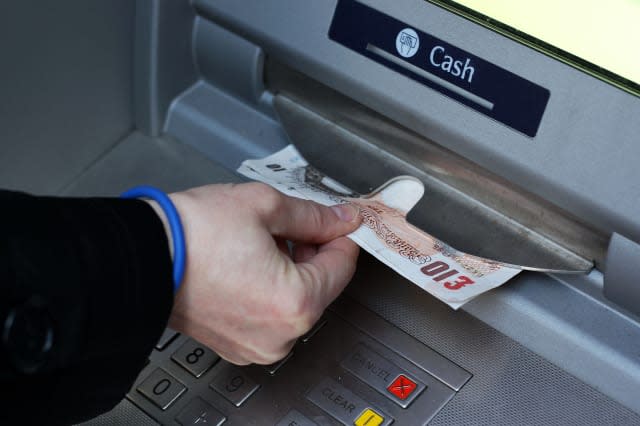Warning: huge surge in current account fraud

Current accountfraud more than doubled in 2015 - putting you at serious risk of having large debts run up in your name - and opening the door to even more types of fraud. It means that it's essential to protect yourself.
Experian has revealed that current account fraud figures have soared from 73 in every 10,000 applications in January 2015 to 156 per 10,000 in December. This immediately puts people at a much bigger risk of having overdrafts run up in their name. Experian has also warned that fraudsters use current accounts as a gateway to more fraud, because once they have control of a current account in your name, it makes it far easier to apply for credit cards or loans.
Criminals have gradually turned their attention to current accounts, partly because other forms of fraud have become more difficult, and partly because current accounts offer the potential to commit further fraud.
%VIRTUAL-ArticleSidebar-banking-guide%
The sheer scale of the growth in current account fraud is a sign that this isn't just stand-alone criminals deciding to target current accounts, but that entire criminal gangs have taken up this kind of fraud.
Along with increased activity, Experian adds that attacks have become more sophisticated, and may now also include hacked data and false identities, rather than simple impersonation.
Protect yourself
Current account fraud can be a nightmare, because even when you are found not to be at fault, and any debts are cancelled, you can expect to spend an awful lot of time and energy sorting out your finances.
The company says this means it's well worth taking ten steps to protect your account:
1. Always shred or destroy documents that contain personal information before throwing them away.
2. Never respond to cold phone calls or e-mails asking for account details, PINs, passwords or personal information.
3. Don't give too much away on networking websites. For example, pets' names or children's names could be used as passwords.
4. Register to vote at your current address. If you don't, thieves could use your previous address details to open new credit accounts, and run up debts in your name.
5. Monitor your post regularly so you know when to expect important documents — and when to act if they don't arrive.
6. Redirect your mail via the Post Office if you move house.
7. Always use secure, unique passwords for as many online accounts as possible, and ideally all of them. At the very least have a unique password for each type of service provider such as financial services, retail services and email.
8. Don't store account names and passwords on your smartphone, either in email, as a note, or to 'autocomplete' when you open a website or app. It will be a goldmine for fraudsters if your device is lost or stolen.
9. Read all bank and card statements regularly to check for suspicious transactions.
10. Check your credit report, because it lists your credit accounts and what you owe, so you can spot applications and spending that are nothing to do with you.





